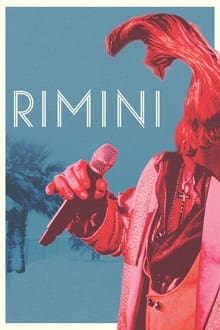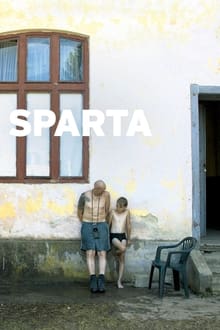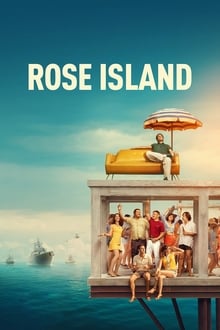Search


Richie Bravo, once upon a time a successful pop star, chases after his faded fame in wintry Rimini. Trapped between permanent intoxication and concerts for busloads of tourists, his world starts to collapse when his adult daughter breaks into his life.

Rimini, 1991. For more than a year, the uno bianca gang – they always use a white Fiat Uno – has plagued the area. Their crimes are violent, sometimes killing carabineri, and there’s no particular pattern: a bank one day, a petrol station the next, extortion of a small business the next. Are they terrorists? A foreign gang? Tied to the Mafia? After a particularly bloody shootout, two detectives are assigned to start fresh: they go through the notebooks of previous investigators and they interview a few witnesses again. They find a pattern in the crimes and predict the next assault, but the special task force in Bologna is dismissive. Can they carry on alone; how far will they get?

In Italy, the gambler and professor of poetry Daniele Dominici arrives in the seaside town of Rimini and is hired to teach for four months in the local high school replacing another teacher. His relationship with his partner Monica is in crisis and he spends most of the time with his new acquaintances and gamblers Giorgio, Marcello and Gerardo. In classroom, he meets the gorgeous nineteen years old student Vanina Abati, who is Gerardo’s girlfriend.

Ewald moved to Romania years ago. Now in his 40s, he seeks a fresh start. Leaving his girlfriend, he moves to the hinterland. With young boys from the area, he transforms a decaying school into a fortress. The children enjoy a new, carefree existence. But the distrust of the villagers is soon awoken. And Ewald is forced to confront a truth he has long suppressed. Sparta is the brother film to Rimini (2022), and the conclusion of Ulrich Seidl’s diptych about the inescapability of the past and the pain of finding yourself.

In 1968, engineer Giorgio Rosa established the independent state called “The Isle of Roses” off the coast of Rimini, built on a platform outside the territorial waters, with Esperanto as the official language. The Italian authorities did not take it well because the micronation was seen as an expedient to not pay taxes on the revenues obtained thanks to the arrival of numerous tourists and curious people.